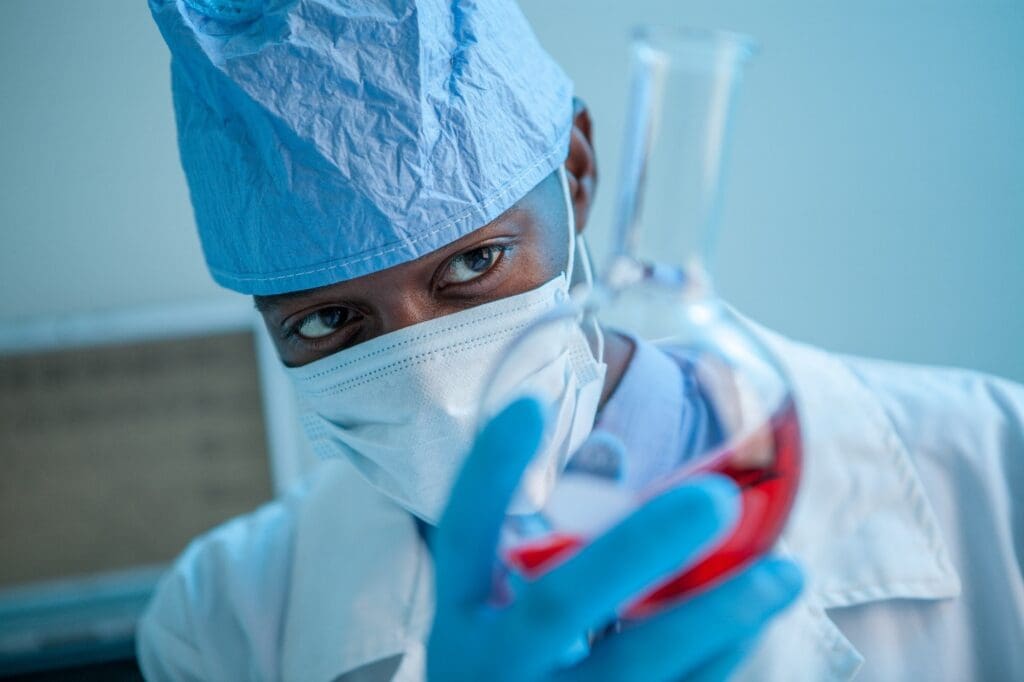The battle against cancer has been long and arduous, but recent breakthroughs in medical science have brought a glimmer of hope to the forefront. Among these remarkable advancements are cancer vaccines(immunotherapies) – a groundbreaking approach that holds the potential to revolutionize cancer treatment and prevention. Immunotherapies aim to train the body’s immune system to recognize and destroy cancer cells, offering a new weapon in the fight against this devastating disease. In this blog post, we will delve into the world of immunotherapies, exploring their potential, current developments, and the future they hold in the quest for a cancer-free world.

Understanding Cancer Vaccines
Unlike traditional vaccines primarily for preventing infectious diseases, cancer vaccines stimulate the body’s immune system to recognize and attack cancer cells. We can broadly categorize these vaccines into two types: preventive vaccines and therapeutic vaccines.
Preventive vaccines protect individuals from developing certain types of cancer by targeting specific viruses known to cause cancer, such as human papillomavirus (HPV) or hepatitis B virus (HBV). By preventing the infection, these vaccines significantly reduce the risk of associated cancers, such as cervical or liver cancer.
On the other hand, therapeutic vaccines are designed to treat existing cancer or prevent its recurrence. These vaccines train the immune system to recognize unique markers or antigens present in cancer cells, enabling the immune system to target and eliminate them effectively. Therapeutic vaccines hold immense potential to supplement or enhance existing cancer treatments like surgery, chemotherapy, or radiation therapy.
Progress and Successes
Over the past decade, cancer vaccine research has made substantial progress. The development of immune checkpoint inhibitors, such as PD-1 and CTLA-4 inhibitors, has demonstrated remarkable clinical efficacy in certain types of cancer, such as melanoma and lung cancer. While these inhibitors are not traditional vaccines, they enhance the immune system’s ability to recognize and attack cancer cells, resulting in improved patient outcomes.
Another notable success story in cancer vaccine development is the HPV vaccine. The HPV vaccine, which targets specific strains of the virus responsible for cervical cancer, has proven highly effective in reducing the incidence of this type of cancer. Additionally, ongoing research is exploring the potential of therapeutic cancer vaccines in treating various types of cancers, including prostate, breast, and lung cancer.
Current Developments
In recent years, cancer vaccine research has seen significant advancements. Scientists are exploring innovative approaches, such as personalized cancer vaccines, which utilize a patient’s unique genetic profile and tumor characteristics to create a tailored vaccine. This personalized approach has the potential to enhance the vaccine’s effectiveness by targeting specific mutations or proteins present in the individual’s cancer cells.
Moreover, researchers are investigating the use of neoantigens, which are unique antigens found on cancer cells, as targets for vaccines. Neoantigen vaccines hold immense promise, as they can prompt the immune system to mount a targeted attack on cancer cells while minimizing damage to healthy cells.
The Future of Cancer Vaccines
As cancer vaccine research progresses, the future looks promising. Continued advancements in technology, such as next-generation sequencing and computational biology, are providing researchers with powerful tools to identify potential vaccine targets and develop personalized cancer vaccines. Combination therapies, where cancer vaccines are used in conjunction with other treatments, are also being explored to improve outcomes.
However, challenges remain. The complex nature of cancer and its ability to evade the immune system pose significant hurdles. Overcoming these challenges will require collaborative efforts between researchers, clinicians, and pharmaceutical companies to optimize vaccine design, improve delivery methods, and conduct extensive clinical trials to establish safety and efficacy.

Conclusion
Cancer vaccines represent a beacon of hope in the fight against this devastating disease. While there is still much work to be done, recent breakthroughs and ongoing research are paving the way for a new era in cancer treatment and prevention. The potential of cancer vaccines to bolster the body’s immune system and target cancer cells with precision offers a glimpse into a future where cancer may no longer be a formidable foe. As we continue to unravel the complexities of cancer, let us remain hopeful and support the tireless efforts of scientists and healthcare professionals in their quest to unlock the full potential of cancer vaccines and bring us closer to a world free from the burden of this formidable disease.



